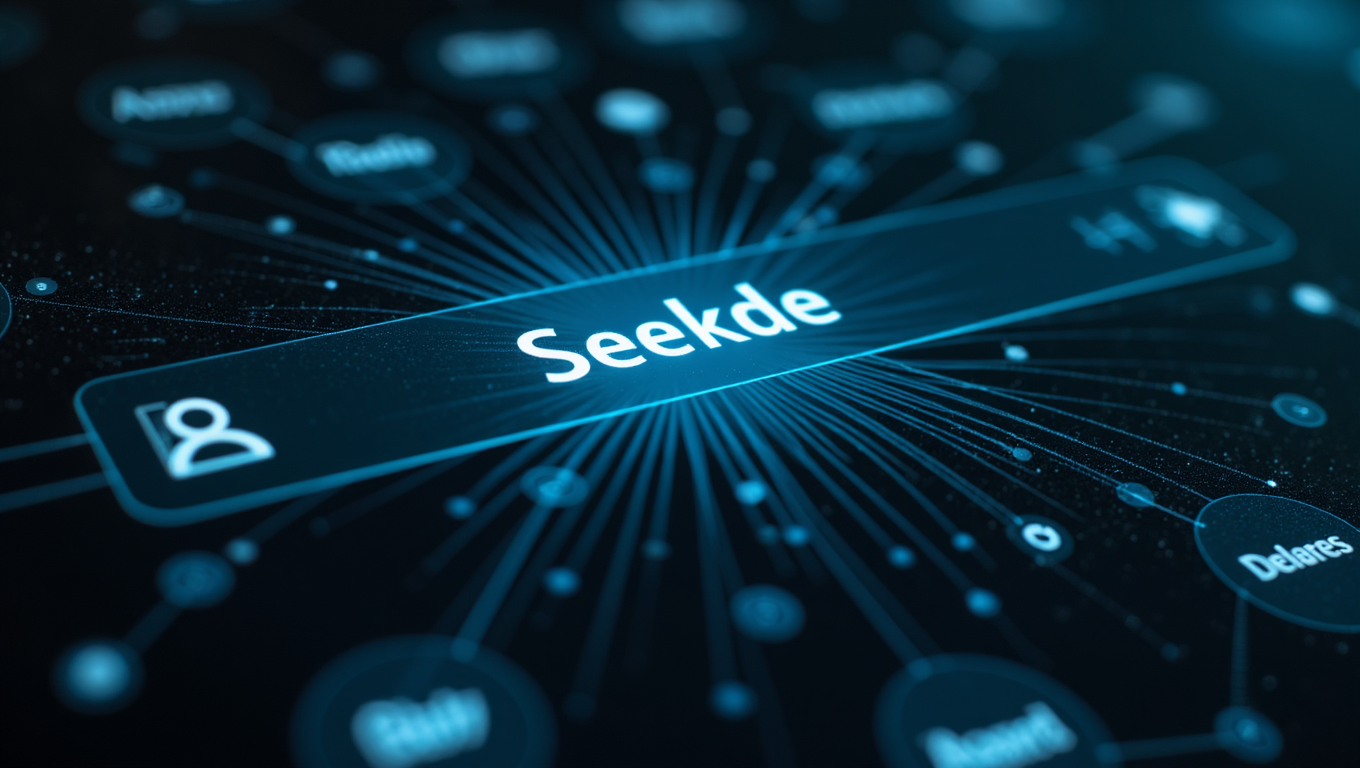The Idea Behind ChatGPT Atlas
Before Atlas, browsers simply displayed information. OpenAI set out to build one that could understand it. The result is an AI-driven workspace that merges ChatGPT’s reasoning power with everyday browsing. It listens, remembers, summarizes, and even automates tasks through built-in agents a concept first teased during OpenAI Dev Day 2024. The company positioned Atlas as the missing link between search, chat, and workflow automation.
As discussed in our ChatGPT Atlas Overview & Features 2025, the browser is part of a broader OpenAI ecosystem that connects DALL·E for images, Whisper for voice, and the GPT Store for third-party extensions.
Official Release Date and Launch Details
ChatGPT Atlas officially launched on October 21 2025 for macOS, distributed directly through OpenAI’s website and the ChatGPT dashboard. Within 24 hours, downloads crossed one million. OpenAI confirmed that Windows and Linux versions will enter public beta in 2026, followed by Android and iOS apps optimized for mobile AI inference.
During the virtual launch event streamed from San Francisco, OpenAI executives showcased Atlas’s three defining pillars memory, agents, and privacy. Viewers watched live demos of the browser summarizing whitepapers, generating visuals via DALL·E, and performing real-time translations through Whisper.
Key Features Introduced at Launch
| Feature | Description | Launch Status |
|---|---|---|
| Agent Mode | Automates research, summarization, and repetitive web tasks in the background. | Available at launch |
| Memory System | Remembers preferences, topics, and tone across sessions fully user-controlled. | Available at launch |
| Privacy Dashboard | Lets users view, pause, or delete stored data; runs on a local-first model. | Available at launch |
| GPT Store Access | Marketplace for custom agents and integrations built on the GPT API. | Coming 2026 |
| Offline Inference Mode | Run AI queries without cloud connection ideal for sensitive workflows. | Planned 2026 update |
Each feature was designed with flexibility in mind. Unlike Chrome’s extension model, Atlas runs all AI modules natively meaning faster execution, consistent privacy, and minimal CPU spikes. Our ChatGPT Atlas Review 2025 examines how these tools perform in real-world use.
Global Rollout Schedule
- October 2025 – Phase 1: macOS Global Release (US, UK, Canada, Australia).
- December 2025 – Phase 2: Expansion to Europe and Asia (localization in Spanish, French, Japanese).
- Mid 2026 – Phase 3: Windows Public Beta + Enterprise Testing.
- Late 2026 – Phase 4: Android & iOS Mobile Launch with voice commands via Whisper.
OpenAI’s roadmap emphasizes gradual infrastructure scaling to maintain low-latency AI responses globally. Early performance reports confirm Atlas servers handle millions of concurrent agent queries without noticeable lag.
Market Expectations Before Launch
Leading up to the release, anticipation was intense. Forums and social media threads speculated whether Atlas would replace Chrome or Edge entirely. Tech analysts forecasted that OpenAI’s focus on memory and context retention could shift the browser market toward AI-centric design. At the same time, privacy advocates awaited evidence that OpenAI could balance intelligence with transparency a promise delivered through Atlas’s local-first architecture.
Our earlier ChatGPT Atlas Overview article outlines how OpenAI positioned Atlas not as a Chrome rival but as a productivity partner.
Early Reception and User Feedback
Initial reviews were overwhelmingly positive. TechRadar praised Atlas for its “smooth conversational browsing,” while PC Mag called it “the most useful application of GPT yet.” Users highlighted the simplicity of asking, “Summarize this PDF,” or “Compare these two articles,” without leaving the page.
However, early adopters also noted that intensive multi-agent sessions increased GPU usage on older laptops an issue OpenAI plans to address in the 2026 optimization update.
The Atlas Launch in Numbers
- 1 million downloads in 24 hours post-launch
- 25 million downloads within the first month
- 4.7 / 5 average rating on productivity platforms
- 200+ enterprise sign-ups for pilot integration
What’s Next for ChatGPT Atlas
According to OpenAI’s roadmap, the next updates will bring Team Dashboards, Offline Mode, and third-party GPT Store apps. By 2027, Atlas could evolve into a full AI operating layer connecting your documents, projects, and web tasks seamlessly across devices.
For ongoing updates on security and compliance, check our ChatGPT Atlas Privacy & Security Review.
Frequently Asked Questions
When did ChatGPT Atlas officially launch?
ChatGPT Atlas launched globally on October 21 2025, starting with macOS.
Who created ChatGPT Atlas?
It’s developed and owned by OpenAI Inc., the company behind ChatGPT, DALL·E, and Whisper.
Is ChatGPT Atlas free?
Yes, the core browser is free. Advanced memory, agent automation, and enterprise tools are part of ChatGPT Plus.
What makes Atlas different from Chrome or Edge?
Atlas runs a native GPT-5 AI engine with built-in privacy controls, unlike ad-driven browsers that depend on extensions.
Will there be a mobile version?
Yes, Android and iOS releases are planned for late 2026 with voice navigation and AI summarization on the go.
Is my data private in Atlas?
All data stays on your device by default. Users can view or delete stored memory anytime via the Privacy Dashboard.
Conclusion
The ChatGPT Atlas launch proved that browsing can be intelligent, personal, and privacy-friendly all at once. By blending search, conversation, and creation in a single window, OpenAI has changed expectations for how humans interact with the internet. Atlas isn’t just a new browser it’s the foundation for a smarter, context-aware web experience that learns with you.
For deeper insights into usability and performance, continue to our ChatGPT Atlas Review (2025 Edition).





